10 Ways To Naturally Support Teacher Collaboration In Higher Ed
There’s a great opportunity here to create a database of creative assignments, worksheets, readings, and research instructions.

There’s a great opportunity here to create a database of creative assignments, worksheets, readings, and research instructions.
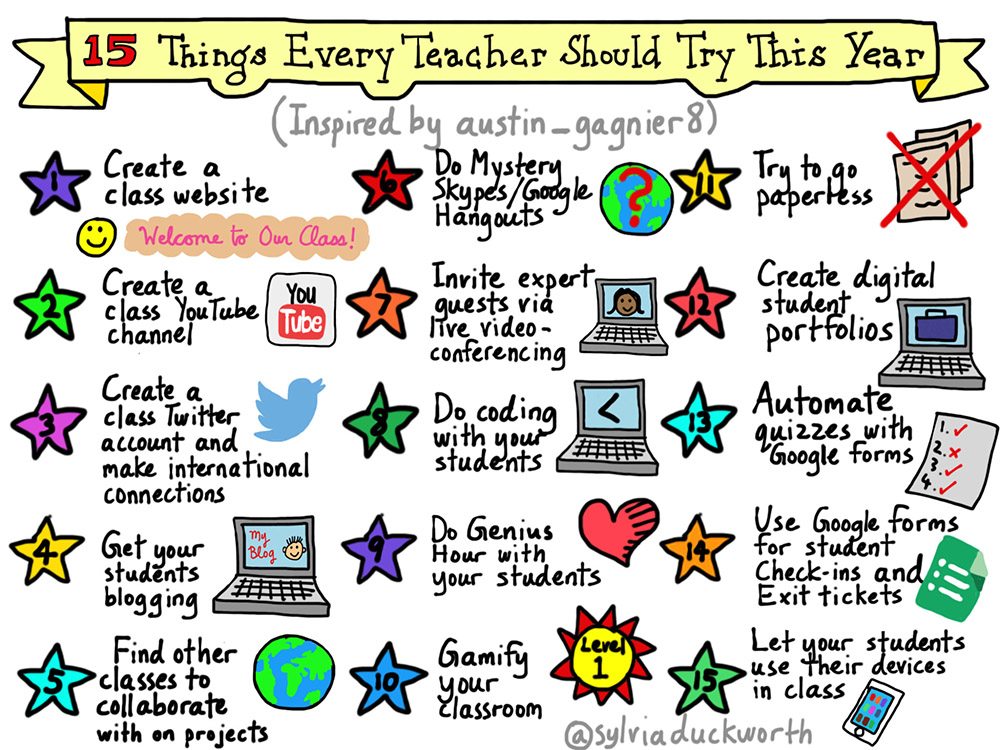
The Bare Minimum Of Learning Technology by TeachThought Staff What is the bare minimum of learning technology integration in a classroom? Does it depend on nation, grade level, or content area? Socioeconomic status? Culture? Prevailing local technology use? Though many teachers remain against reckless #edtech integration, the conversation is clearly shifting from should technology play a central…
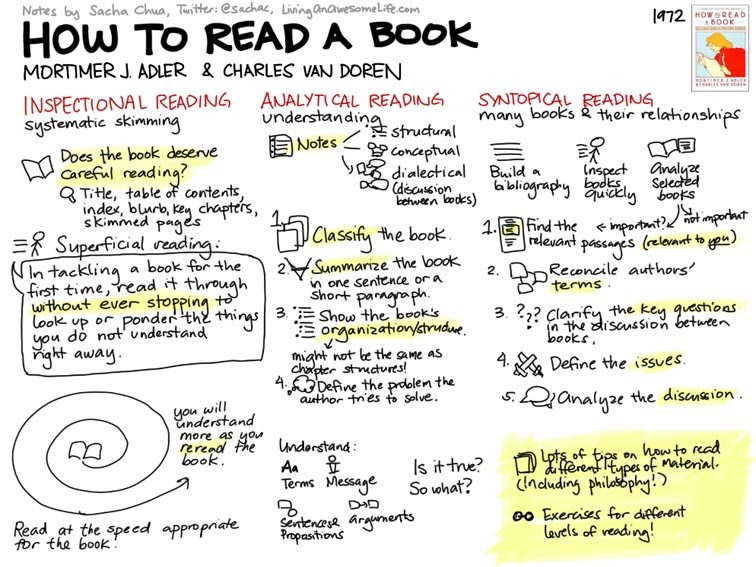
In this post we consider the appropriate text complexity to use in order to help students develop text comprehension.
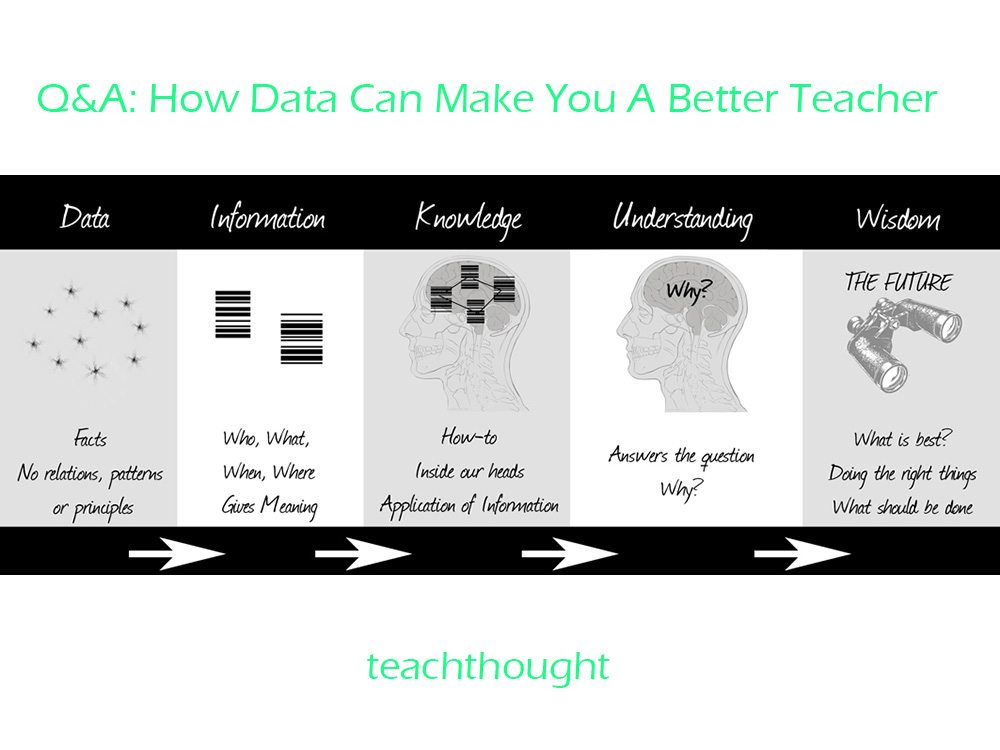
Measurable student success should result from a learner demonstrating sufficient knowledge of the content. That can come in a variety of ways.
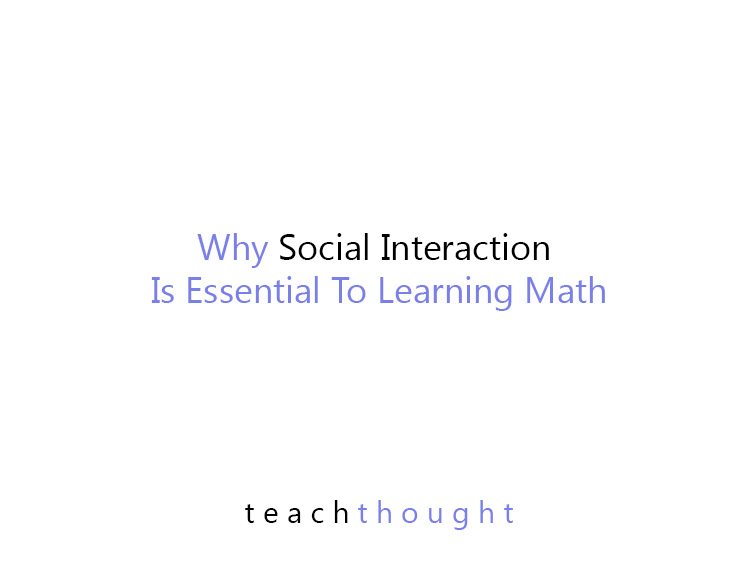
We seek fluency in the language of math but don’t encourage students to use it in a social way, producing many who are anxious about math.
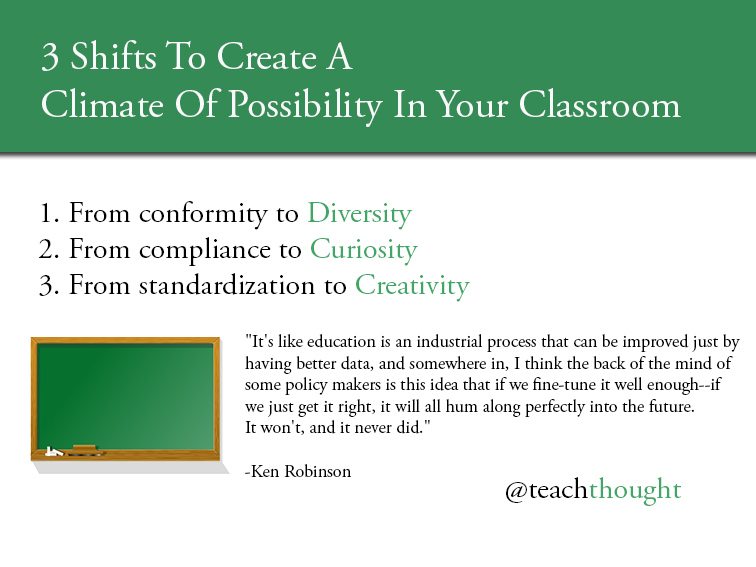
How To Create A Climate Of Possibility In Your Classroom by TeachThought Staff In May of last year, Ken Robinson–he of “Is School Killing Creativity?”/TED Talk legend status–gave a brief talk on the idea of contrast, specifically the difference between who we are and how we teach. His general message was that we, as human…
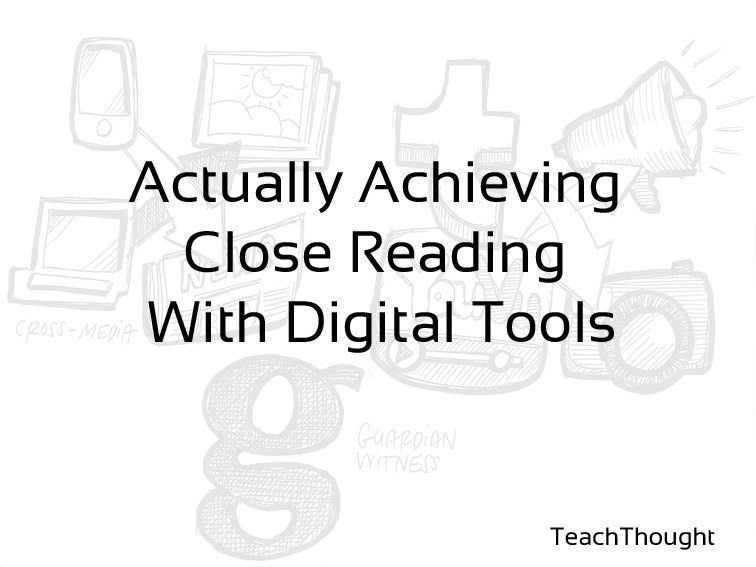
As we think about how reading habits change & how to support students in print & digital spaces, I hope you’ll model reading practices.
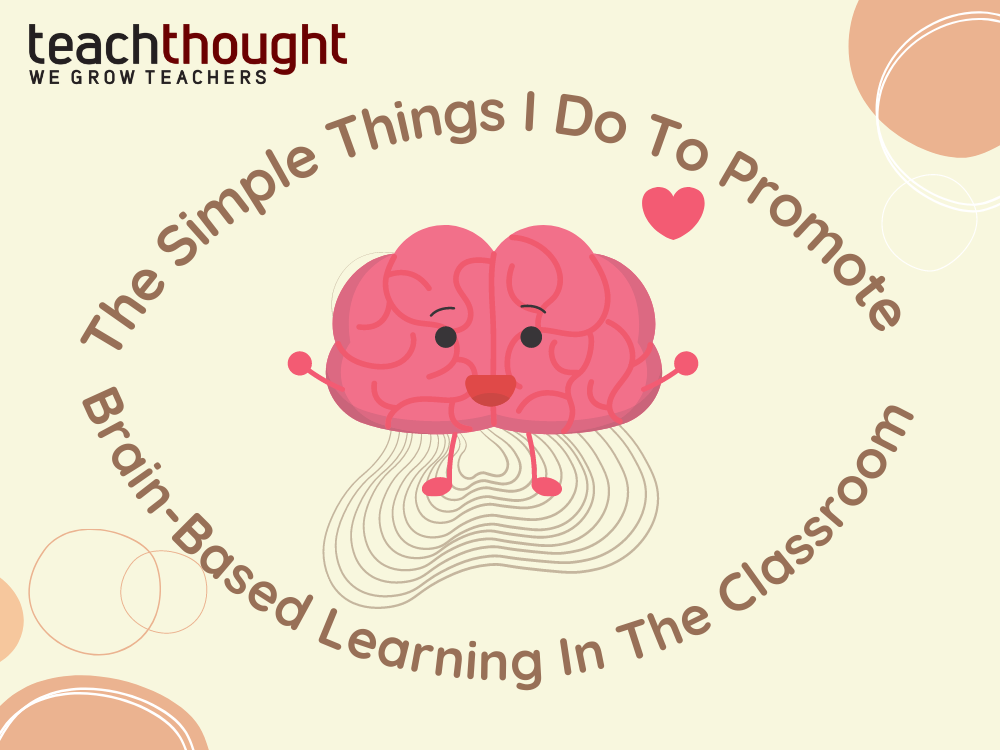
You don’t have to be a neuroscientist to promote brain-based learning in your classroom. In fact, it’s really quite simple.
Engaging Students Through Social Media by Rob James first appeared on gettingsmart.com; Using Social Media In The Classroom For Real-World Learning Social media has become an essential part of most people’s everyday lives, from checking Facebook and Twitter to posting blogs, Pinterest listings, and uploading YouTube videos. However, and with smartphones making it easier than ever…
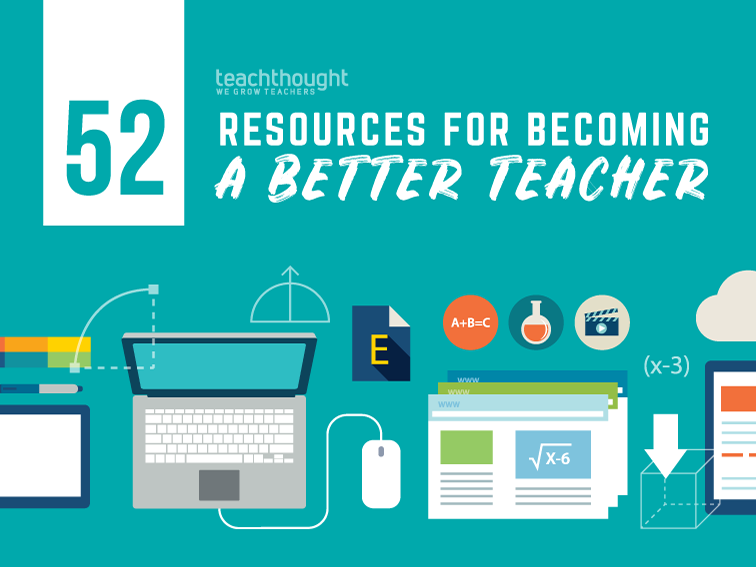
Teachers may spend their days imparting knowledge to others, but that doesn’t mean they should stop learning themselves.
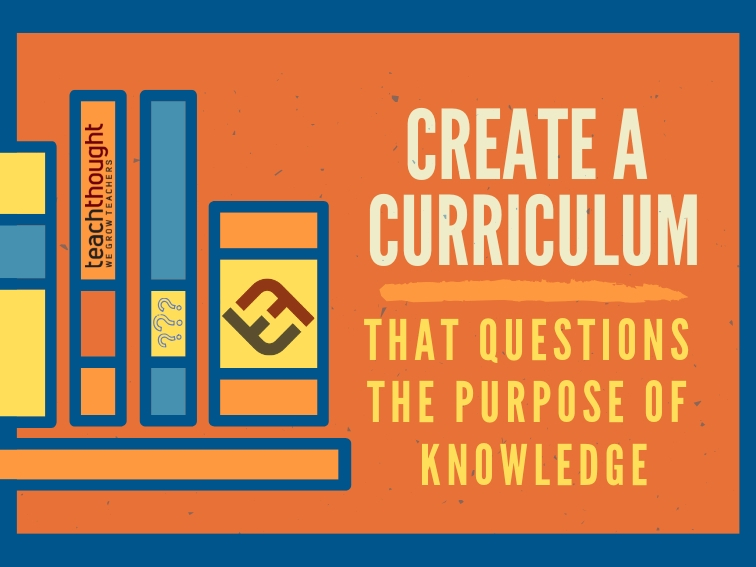
The purpose of curriculum is to provide a mutual language to organize and communicate knowledge–and students inherit its implications.

How would it change the learning process to start with a tone of humility? To clarify what can be known, and what cannot?